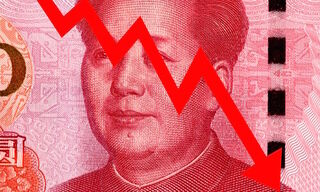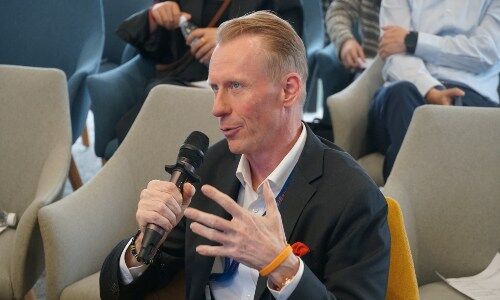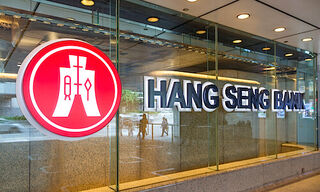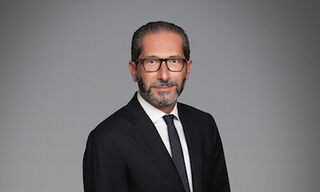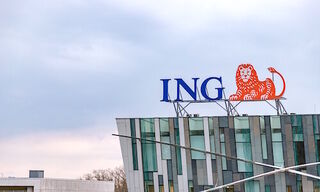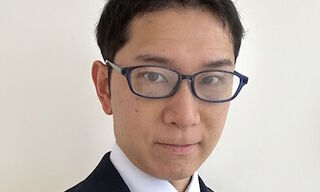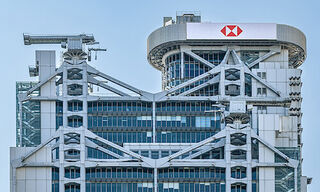Campden Wealth Research, in partnership with UBS, launched the Asia-Pacific insights from The Global Family Office Report 2015. The research surveyed principals and executives of 224 family offices globally (based in 37 different countries). Collectively, the participating family offices represented well over USD 200 billion in private wealth. In Asia Pacific, 35 family offices participated in the study with average assets under management of USD 431 million.
Second-best performers globally:
Family offices in Asia-Pacific had the second-best investment performance globally in 2014, a return of 6.3% in dollar terms, down from 7.6% from 2013.
The sound performance of family offices in Asia-Pacific can be attributed to their relatively large holdings in private equity (over 27% of a Hong Kong family office portfolio in average), which produced impressive returns over 2014.
Overall, however, family offices in Hong Kong achieved slightly lower than average returns in the region at 6.0%.
The average Asia-Pacific family office holds 45% of their portfolio in illiquid assets (Hong Kong 43%) such as private equity and real estate direct investments, similar to offices globally. These figures are significantly higher than is seen in the portfolios of high net worth individuals.
One principal of an Asia-Pacific SFO (Single Family Office) stressed Asia-Pacific family offices' need for control with regards to their private equity investments stating “We would rather take bets on ventures that we are involved with, because that’s a variable we can control. We can control the management, we can control what we build, we can control the quality, we can control the client service.”
Importance of intergenerational wealth management:
The objectives of family offices remain unchanged. Families are primarily concerned with ensuring that the family offices facilitate intergenerational wealth management successfully.
Francis Liu, Regional Market Manager, UHNW Greater China, UBS Wealth Management, said, "As Asian billionaire families grow in size and complexity, succession planning becomes increasingly important in creating a lasting family legacy. In Asia Pacific, many entrepreneurial families play a key role in contributing to the region's growing share of global wealth. Although the family office model is still in its infancy in this region, UBS continues to see increasing client interest in topics such as family business continuity, family decision-making, wealth structuring, philanthropy and the setting up of family office structures. "
"We hope that this latest report by UBS and Campden Wealth will provide further insights to families and family offices in the region on how some of their peers in Asia-Pacific manage their wealth. As a market-leading global wealth manager, we are committed to working with families to preserve sustainable wealth through the generations, complementing the advisory and execution work of our Global Family Office and dedicated Family Services teams."
More cautious investment strategies:
Despite these robust returns relative to their peers (family offices in Europe, North America and in other Emerging Markets), offices in Asia-Pacific were more cautious in their investment strategies than the average family office in the study and are exhibiting a move away from growth-focussed investment strategies towards balanced and preservation strategies.
“Asia-Pacific family offices bucked the multi-year trend that has been seen globally towards more risk taking in investment strategies, and are taking a more cautious approach. This very much reflects the volatility seen in the market, and the economic uncertainties that prevail,” Dominic Samuelson, Chief Executive Officer of Campden Wealth commented.
Costs are up in 2015:
Relative to last year, costs have risen in the family office space. Those participating in 2014 and 2015 (multi-year participants, accounting for 45% of this year’s sample) said costs rose from 92 basis points to 99.
There are a number of factors driving costs. Most directly impacting costs this year is a willingness to take on staff or restructure, buoyed by the positive investment returns of previous years. This accounts for the significant year-on-year rise in administrative costs from 15 to 24 basis points. A quarter of family offices said that within the last year the number of branches, location, or size (number of employees) of their family office changed. Asia-Pacific offices continue to have the highest total operating costs regionally at 115 basis points. Offices in Hong Kong reported even higher costs (121 basis points).
Philanthropic Giving:
Fifty-five percent of family offices in Asia-Pacific are engaged in philanthropy through the family office. This is on the rise, with just under a fifth of family offices looking to set up philanthropic programmes within the next 18 months.
“The family offices in Hong Kong are actively engaged in philanthropy. They typically support children and youth, poverty initiatives and education. In the next three years they expect to increase slightly the allocation of AUM reserved for philanthropy, which currently stands at 3% of AUM.” Dominic Samuelson of Campden Wealth explained.













